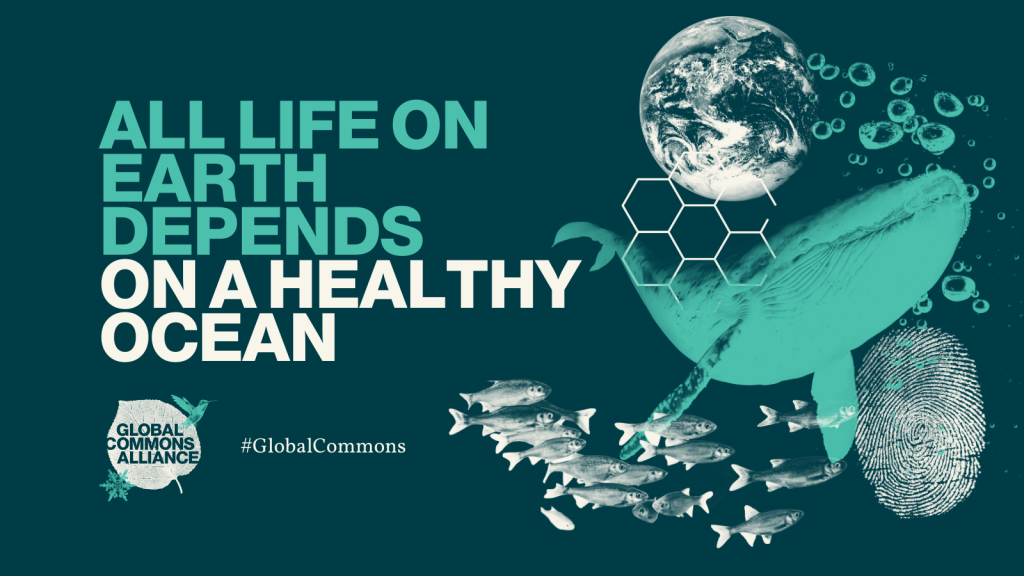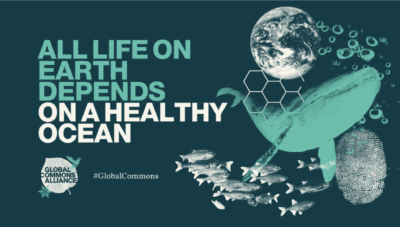Turning the tide for Ocean action
08/04/2025
All life on Earth depends on a healthy ocean. As the planet’s largest carbon sink, it is a vital buffer against climate change.
Producing most of the world’s oxygen and covering more than 70% of our planet’s surface, the ocean plays a critical role for life on Earth. Its waters are home to everything from plankton to mammals, and billions of people find their food and livelihoods along its coasts and high seas.
Yet ocean ecosystems are under immense pressure, with overfishing and habitat destruction from seafood production among the leading causes of ocean degradation. Without urgent action, the stability of marine ecosystems and global seafood supply chains is at risk, which will further weaken the ocean’s ability to mitigate climate change and stabilize the global commons.

OCEAN OPTIMISM
Celebrated broadcaster and filmmaker David Attenborough is set to deliver a message of hope that we can reverse some of this damage, in a new documentary Ocean with David Attenborough from Silverback Films and Open Planet Studios, which will be shown in cinemas on 8 May 2025 – coinciding with Attenborough’s 99th birthday.
Through immersive cinematography, the film will reveal the great challenges facing our ocean including destructive fishing techniques and mass coral reef bleaching. But Attenborough will also draw on stories from around the world to offer optimism that we can and will restore the ocean.
Timed for release ahead of World Ocean Day and midway through the United Nations Decade of Ocean Science for Sustainable Development, Ocean with David Attenborough will show why ocean recovery is vital for stabilizing the global commons and securing a healthier future for us all.
NEW SCIENCE
While the film will highlight the ‘great age of ocean discovery’ we are now in, large areas of the ocean remain unstudied which leaves critical gaps in our understanding of its limits and resilience. Without clear scientific guidelines, we risk destabilizing the ocean’s ability to sustain life – including our own.
To address this, a new working group within the Global Commons Alliance Earth Commission will define the first ever safe and just boundaries for the ocean. The boundaries set scientific thresholds on human activity to ensure the ocean remains healthy while balancing a stable planet with economic and social justice.
We need to understand what constitutes a healthy ocean ecosystem. Ocean biomes are far larger than those on land, and their health is fundamental to the overall functioning of the planet.
